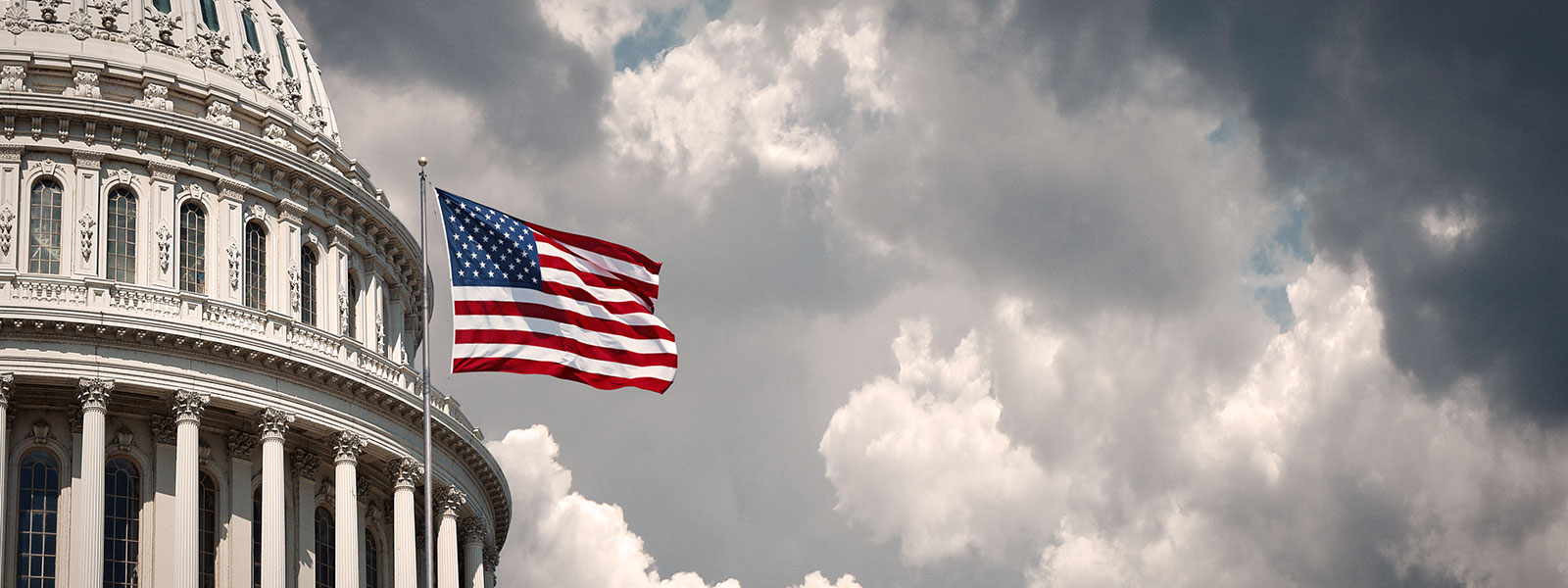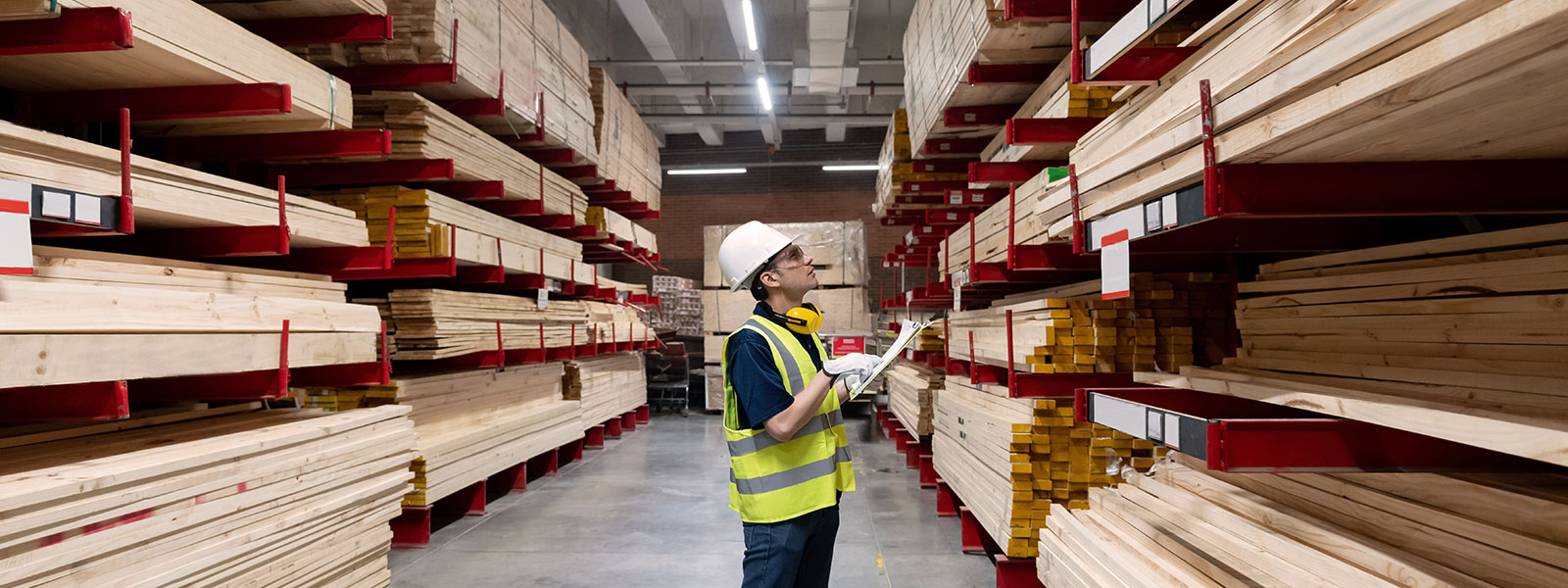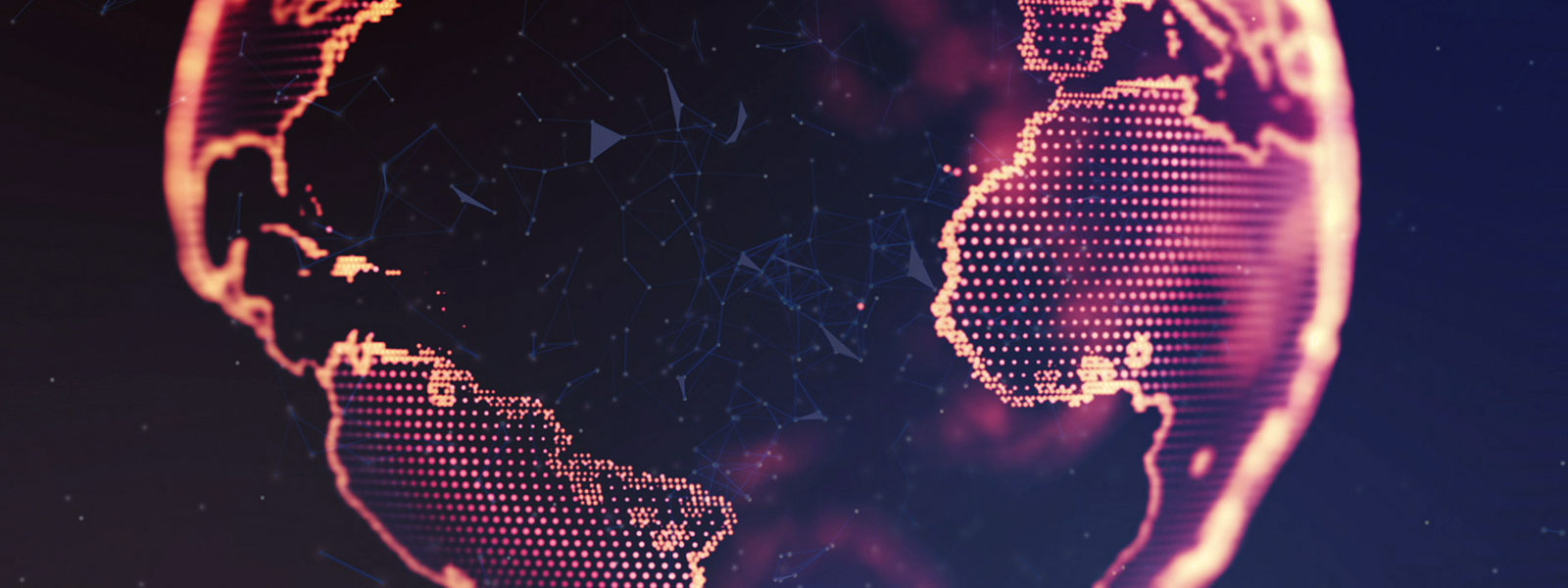OFX have partnered with MoneyWeek, the UK’s best-selling financial magazine, to explore the future of global trade. Here we look at how the modern era of globalisation occurred, and how the current trading landscape is evolving. Download the full report here.
The World Trade Organisation (WTO) is a forum where member countries, including the US, China, Russia and the European Union (EU), negotiate trade rules and settle disputes arising from trade.
At the heart are the WTO agreements, negotiated and signed by the bulk of the world’s trading nations and ratified in their parliaments. In effect, the WTO’s primary function has been as a forum for dispute resolution.

The Trump effect
Despite it’s status, the WTO has become closely associated with globalisation, leaving it susceptible to falling foul with the more unilateralist and protectionist worldview. This worldview has been a large part of the driving force behind the election of Donald Trump as President of the United States.
Trump has since stated that the WTO has “been a disaster” for the US and his actions in the time since being elected indicate that this stance will continue to trouble the organisation:
- Shortly after being elected, Trump invoked a rarely-used rule that indicated the US’ national security was at risk due to its dependence on aluminum and steel imports, which justified tariffs that bypassed the unilateral actions of the WTO
- The US has also blocked the appointment of new judges for the WTO’s appellate body which reviews decisions made by a lower panel. This blanket block ultimately prevents the WTO from hearing appeals at all.
Other threats to the WTO
While the Trump administration has been a hugely influential factor in what’s threatening the WTO, particularly in relation to the trade war with China, it’s certainly not the only threat. As well as stalling progress on some tariffs, the WTO has caused disarray in not resolving the recurrent complaints about China’s intellectual property theft.
These complaints include those from the US, arguing that US companies are being forced to hand over proprietary technology when they form partnerships with Chinese companies. The US, along with the EU and Japan, have also pointed out that China provides unfair industrial subsidies to its companies.
Reach out today to learn more about OFX can help you with your money transfer needs.

There is pressure on the WTO to make rule changes for reform, but it’s proving to be difficult, as it would be difficult for any organisation of that size to come to an agreement on any major rule changes.
In the event that the US-China trade war comes to a truce, the WTO risks being sidelined by two of the world’s biggest economic powers while they police each other without the input of a third party. So, while a truce would be good news in the short term, it’s likely to have greater impact on the long-term relevance of the WTO.
In this event, the biggest risk for businesses becomes the situation where tit-for-tat bilateral slanging makes predicting the outcome of a trade dispute more difficult. Effectively, having a business with a sophisticated global supply chain is undermined by an unstable trade regime.
What about Brexit?
While so much of the focus on the WTO and the future of global trade has centered on threats from the US, the impact of Britain’s lengthy exit from the EU could mean having to trade under ‘WTO rules’.
Currently, while in the EU, British businesses can trade with each other free of tariffs. In the absence of any replacement deals being struck, the UK’s rules of trade would change from those of the EU’s single market and customs union, to those of the WTO.
The bigger issue for any sudden ‘no-deal’ Brexit would be issues arising from ‘non-tariff’ barriers, which are rules governing standards, quotas and the like. The UK would likely be following EU regulations, but now with extra red tape on imports and exports, as they’d suddenly be outside the EU.

How can global businesses prepare during the uncertainty?
With the unpredictability of the WTO and its role in negotiating disputes in the context of broader disintegrating trade frameworks, businesses who operate globally need to ensure their ‘houses’ are in order. That is, ensuring a stable cashflow to keep volatility from impacting their businesses negatively.
For businesses operating globally, moving money around the world to ensure that stable cashflow can be a tricky world to navigate, especially for those who are new to it. By implementing a sound currency strategy as part of keeping the ‘house’ in order, the healthier the businesses balance sheet, and the less overall impact of volatility in the long-term.
IMPORTANT: The contents of this blog do not constitute financial advice and are provided for general information purposes only without taking into account the investment objectives, financial situation and particular needs of any particular person. OzForex Limited (trading as OFX) and its affiliated entities make no recommendation as to the merits of any financial strategy or product referred to in the blog. OFX makes no warranty, express or implied, concerning the suitability, completeness, quality or exactness of the information and models provided in this blog.


